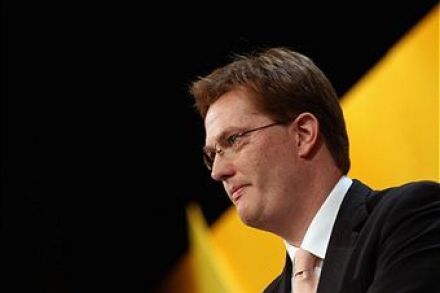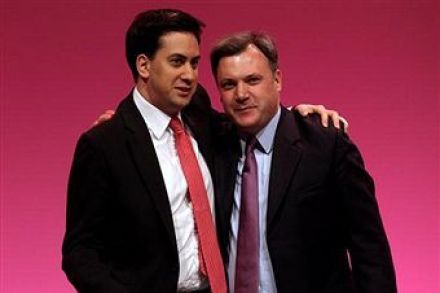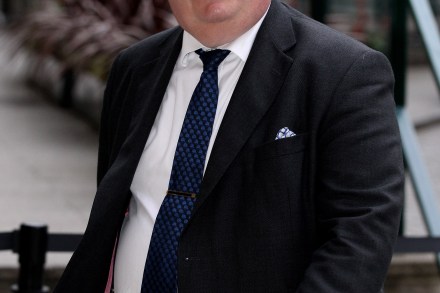Alexander distances himself from the Tory bashing
Lib Dem conference delegates have just provided the press with a nice easy story, they’ve voted to set up a panel to look at the legalisation of cannabis and the decriminalisation of all drugs. But away from the main hall, Danny Alexander has just given an interview to Andrew Neil in which he has distanced himself from the almost incessant Tory bashing going on at this conference. When asked whether he agreed with Simon Hughes’ description of the Tories as ruthless extremists, he replied “I wouldn’t engage in debate in that way.” Alexander said that, contrary to the Jasper Gerard book, there will be no new coalition agreement to cover




















